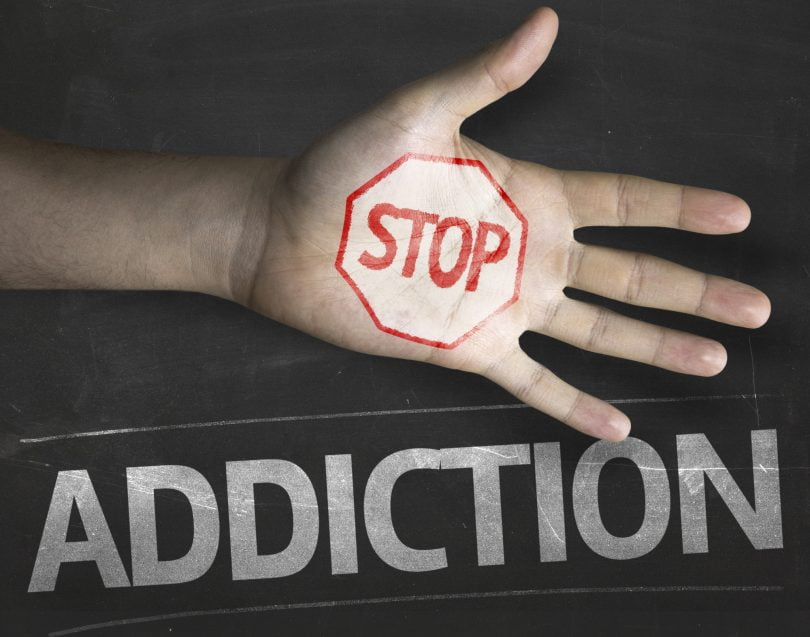Drug rehab is only for the rich and famous, right?
Wrong.
Sure, rehab is definitely expensive, but that doesn’t mean there aren’t any programs out there that can make it more accessible for you.
The cost of rehab can definitely be a lot for many people. In turn, those who are addicted and financially strapped might try to go “cold turkey” and quit on their own. This is not just a bad idea, it’s also potentially dangerous.
Others just give up on trying to beat their addiction altogether because it’s too hard for them to do on their own.
Options for Drug Rehab
But what you might not know is that there are options for you, even if you might not have huge sums of money in your bank account. There are opportunities to detox from your drug of choice and enter rehab with little to no money required on your behalf.
There are also other programs that may be covered by insurance.
The point is, you don’t necessarily have to have tens of thousands of dollars in your pocket to cover the cost of drug rehab if you’re trying to beat your addiction.
Read on to find out more about drug rehab and what programs are available out there to help you afford it.
What Is the Cost of Rehab?
Every rehab facility is different and offers different things to patients. As such, the cost from one center to another can vary greatly. Here are some things that can influence the price you’re charged:
- Is the facility a private center or funded by the government (either fully or partially)
- Whether you’re offered inpatient or outpatient treatment
- If you have other issues that need to be dealt with simultaneously (such as a mental health issue, for instance)
- Whether services are offered post-treatment
- The physical type of facility you’re entering (a luxury facility versus a bare-bones center)
It’s possible to obtain treatment for your addiction with as little as a few hundred dollars if you enter a treatment program that offers minimal care. Or, you could find yourself spending tens of thousands of dollars for a drug rehab facility that’s high-end and offers private sessions and luxurious accommodations.
But some people might not even be able to afford a few hundred dollars. Thankfully, the design of programs out there are for those who can’t afford to flip the bill for their treatment.
Medicaid and Medicare
If you have medical insurance, you may be able to get some coverage to help pay for your drug rehab program. But each type of insurance will differ in their rehab coverage policies.
If you’ve got Medicaid, the coverage you may be eligible for will depend on the state you live in. If you’re lucky enough to live in a state that Medicaid through the Affordable Care Act is available, rehab is more accessible and affordable for you.
Your eligibility will be based on part of your income level. But if you don’t live in a state with these provisions, you should check with your Medicaid administrator to see if you’re eligible for substance abuse treatment coverage.
If you have Medicare, however, you may have an easier time getting some financial help with your rehab. Medicare Part A and B insurance programs can provide coverage for rehab that includes detox, counseling, and support upon treatment completion.
You can even take advantage of inpatient programs in which you receive treatment ’round the clock in a hospital setting. However, these may only be partially covered. You’d have to refer to your specific plan to see how much you would be covered for.
Private Insurance
The majority of private health plans will provide coverage for substance abuse treatment, at least partially. Some might even cover the entire cost. The only way to know for sure is to contact your insurance provider to see what might be available to you.
Some drug treatment facilities can even call on your behalf to find out for you. This can be helpful because they’ll usually know all of the right questions to ask. They’ll also be able to find out exactly which types of services would be covered under your policy.
Government Grants
If you don’t have any insurance, there may still be options available for you. The Substance Abuse and Mental Health Services Administration (SAMHSA) offers grants to people who qualify and are in need of rehab to overcome their substance use disorder.
There are federally-funded rehab centers available. These types of rehabs can offer you some financial assistance. SAMHSA makes these grants available through certain rehab centers. The rehabs provide specific services and practice treatment protocol that is clinically proven to work.
You can apply to get funding for drug treatment. SAMHSA grants are given through the actual rehab facility you sign up for.
Low-Cost or Free Rehab Centers
Yes, there are actually cheap and even free drug rehab facilities out there. These options include the following:
- Non-profit alcohol rehab centers
- Free treatment for six months from the Salvation Army in exchange for you working 40 hours per week to cover the cost of accommodation
- Low-cost treatment referral from SAMHSA
It should be noted that there is typically a waiting list to get into these low- or no-cost treatment centers, for obvious reasons. That said, you might still be able to access outpatient services that these facilities may offer.
Veterans Administration (VA)
If you’re an active or retired member of the military, you may be eligible for coverage for drug rehab through the Department of Veterans Affairs (VA). This organization provides coverage for addiction treatment for veterans who are eligible.
The types of services provided vary, but can include the following:
- Medical detox
- Outpatient treatment
- Counseling
- Support group sessions
- Medications
- Therapy
Looking for an Affordable Drug Rehab Facility?
Drug rehab can often be expensive, but it doesn’t always have to be. There are plenty of affordable (and even free!) options available to you if money is an issue. To find a low-cost or free rehab center to help you beat your addiction, be sure to check out our resources and contact (877) 322-2450.



















Most addicted people don’t have a job, much less insurance to pay for treatment. This is a great guide for a family member trying to help a loved one get treatment they think they cannot get on their own.